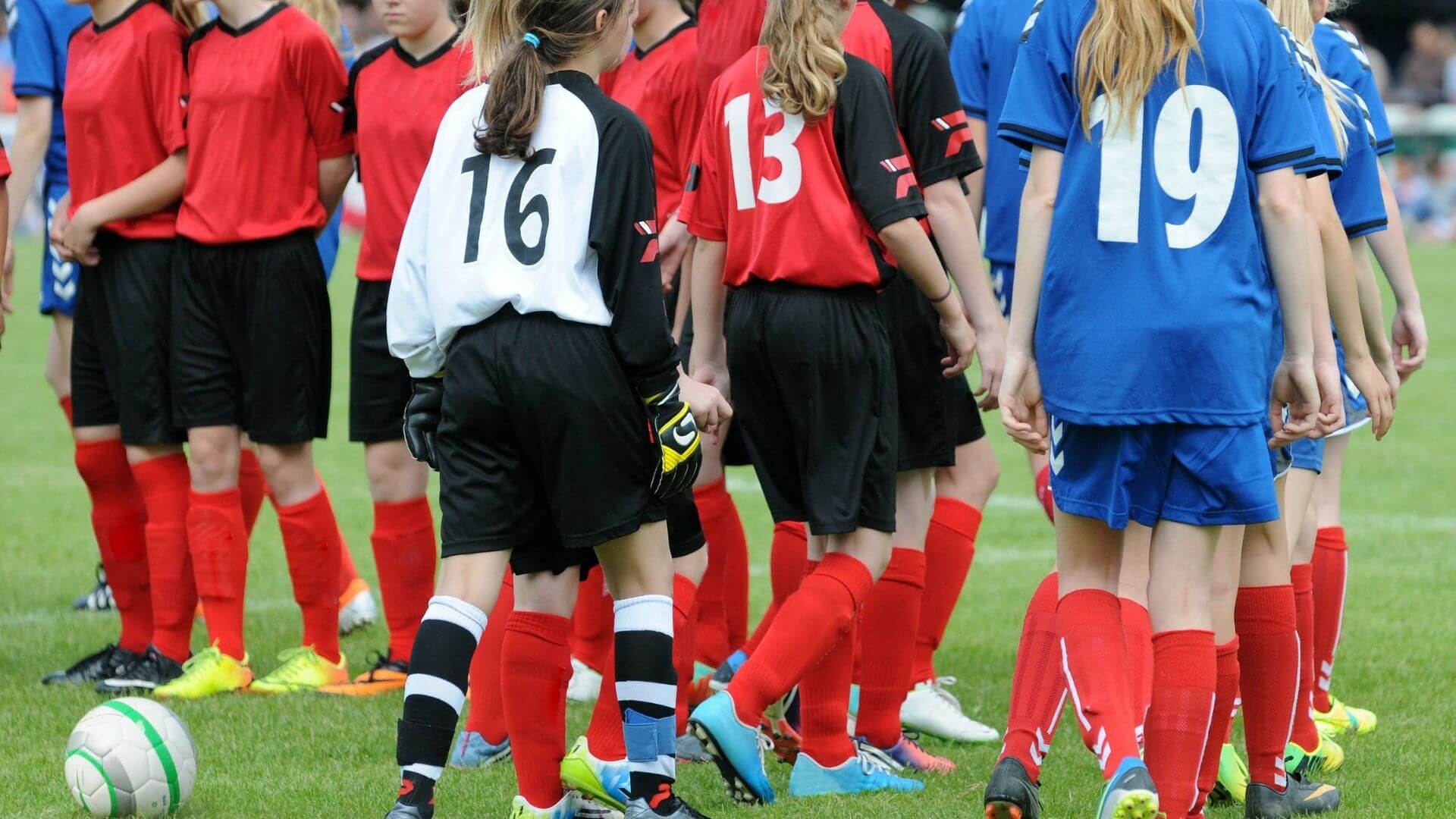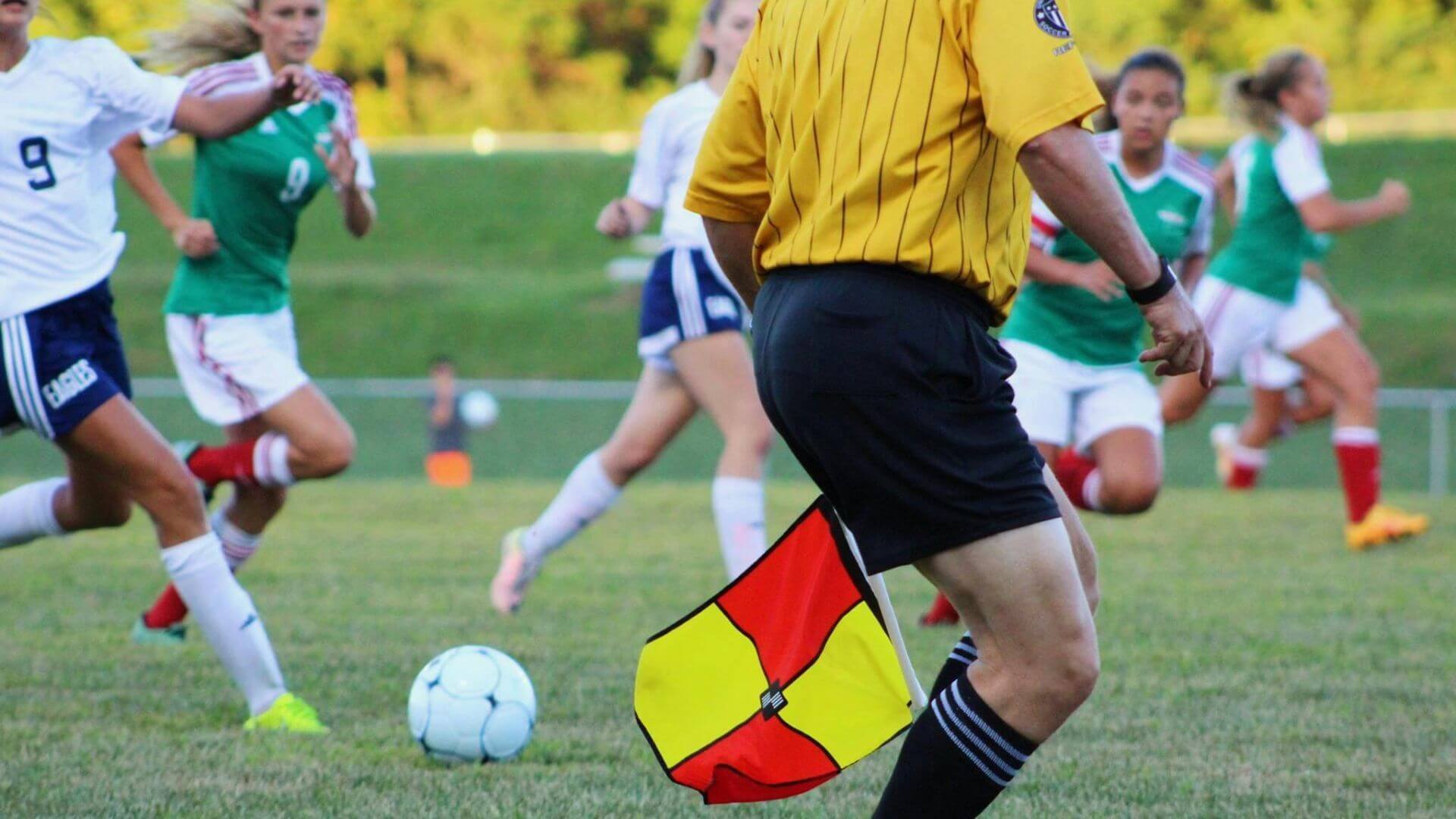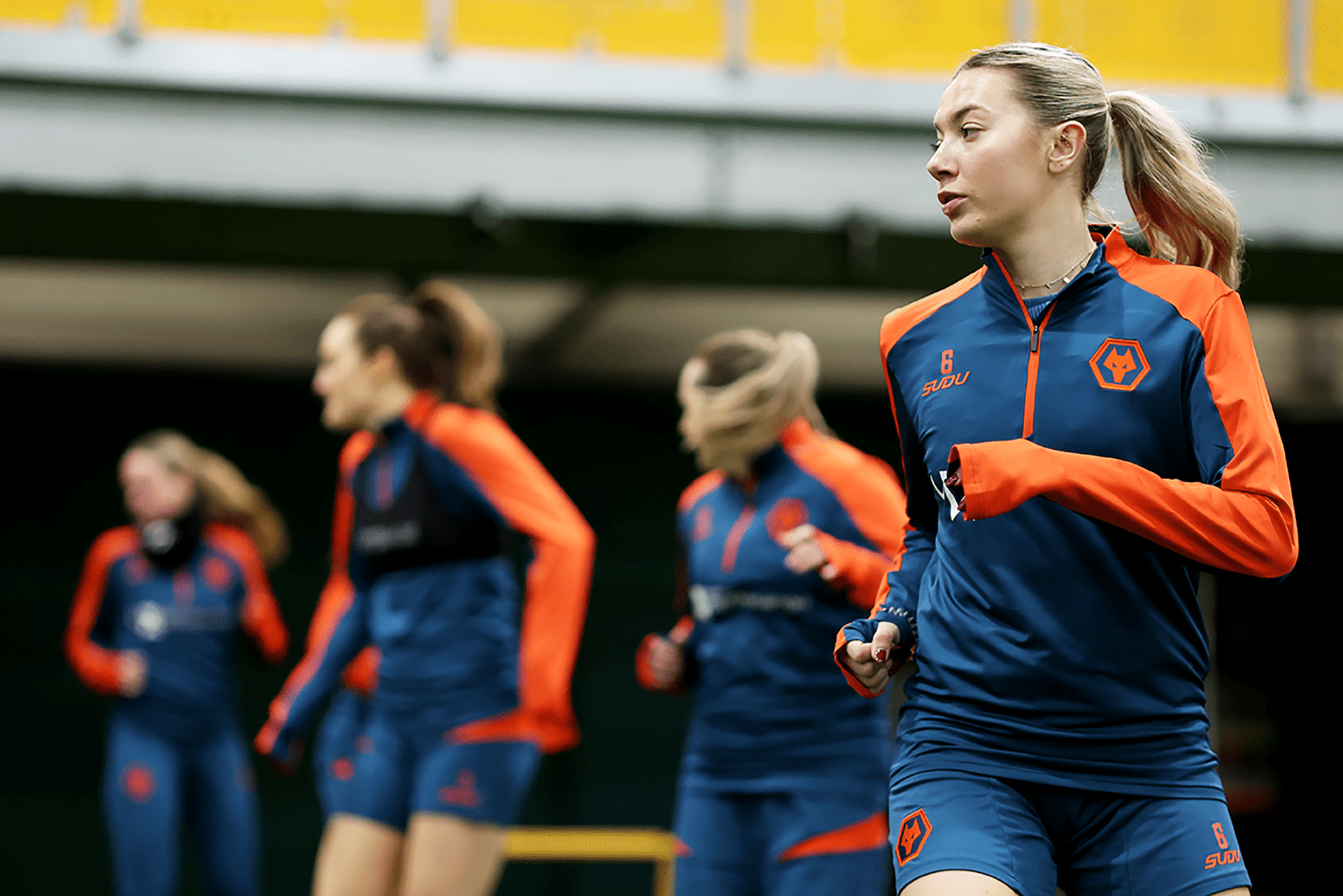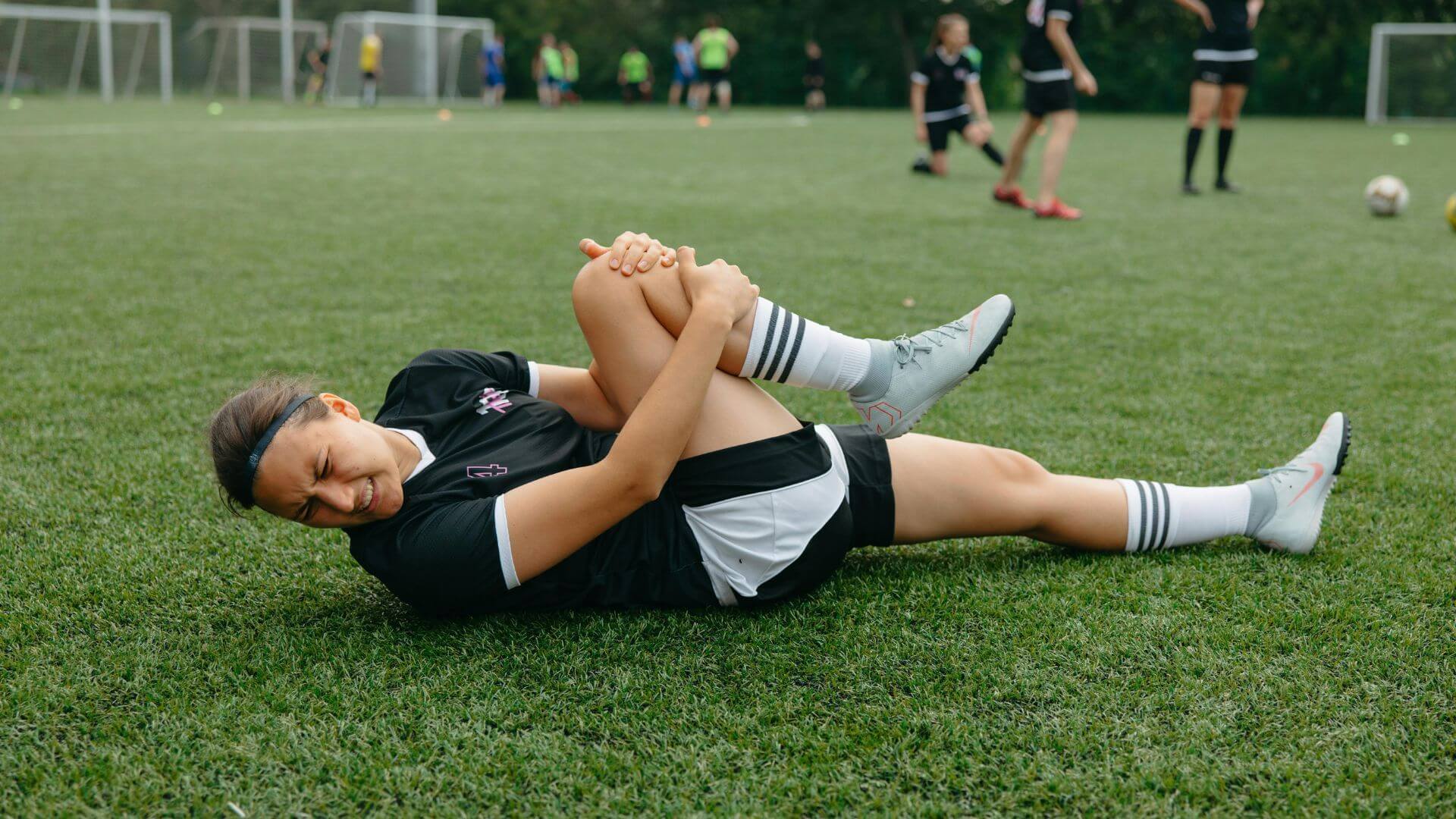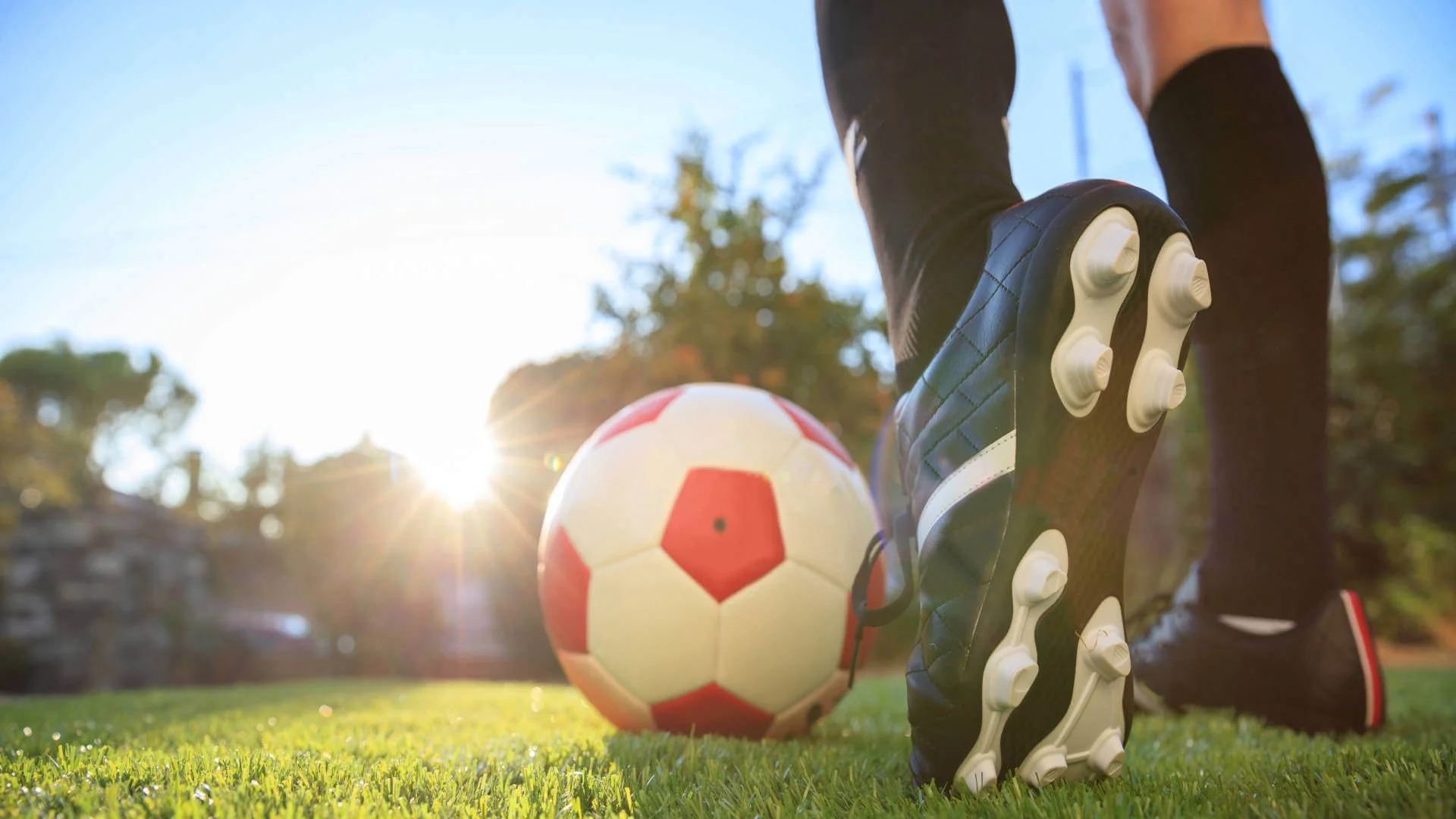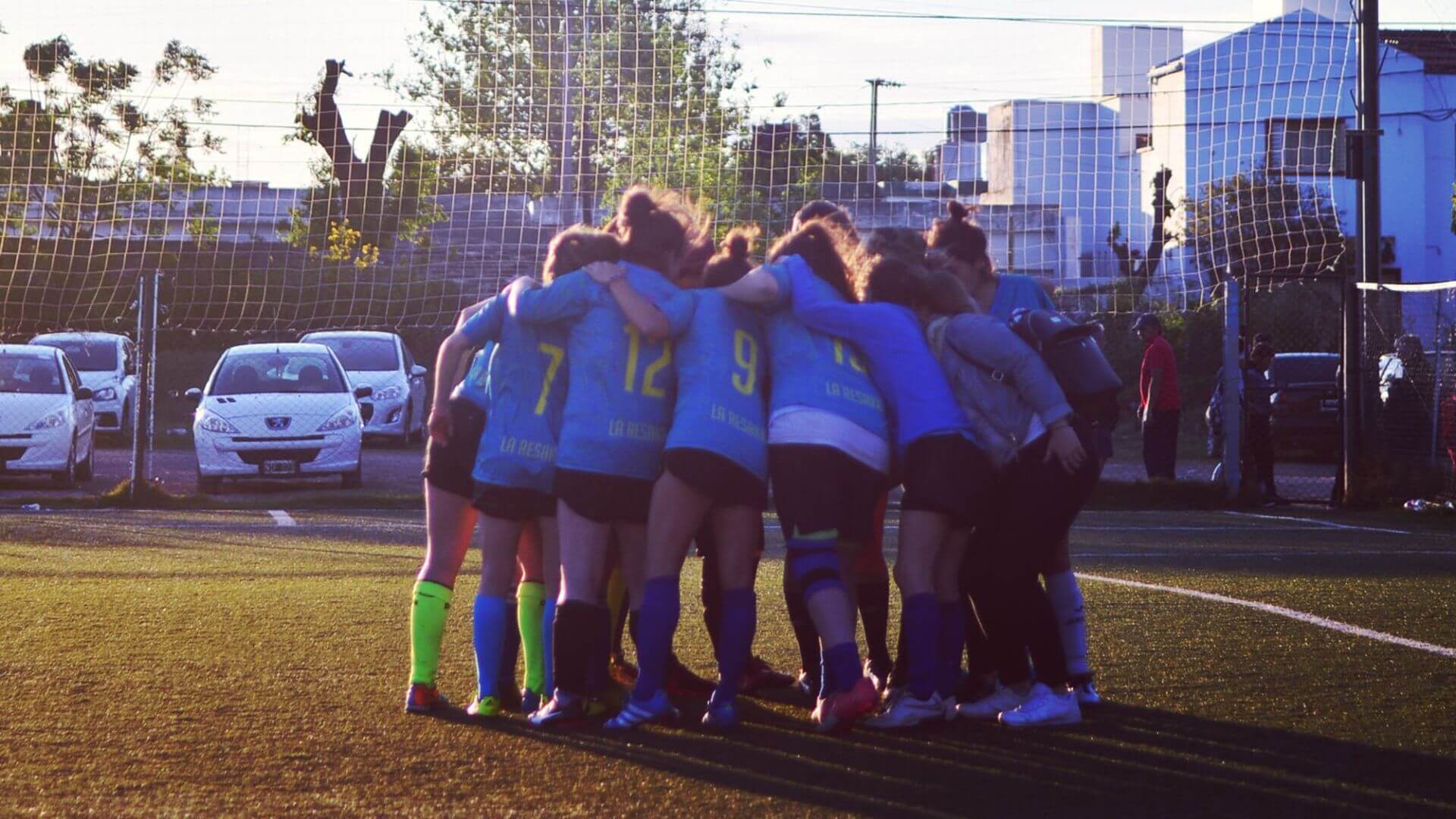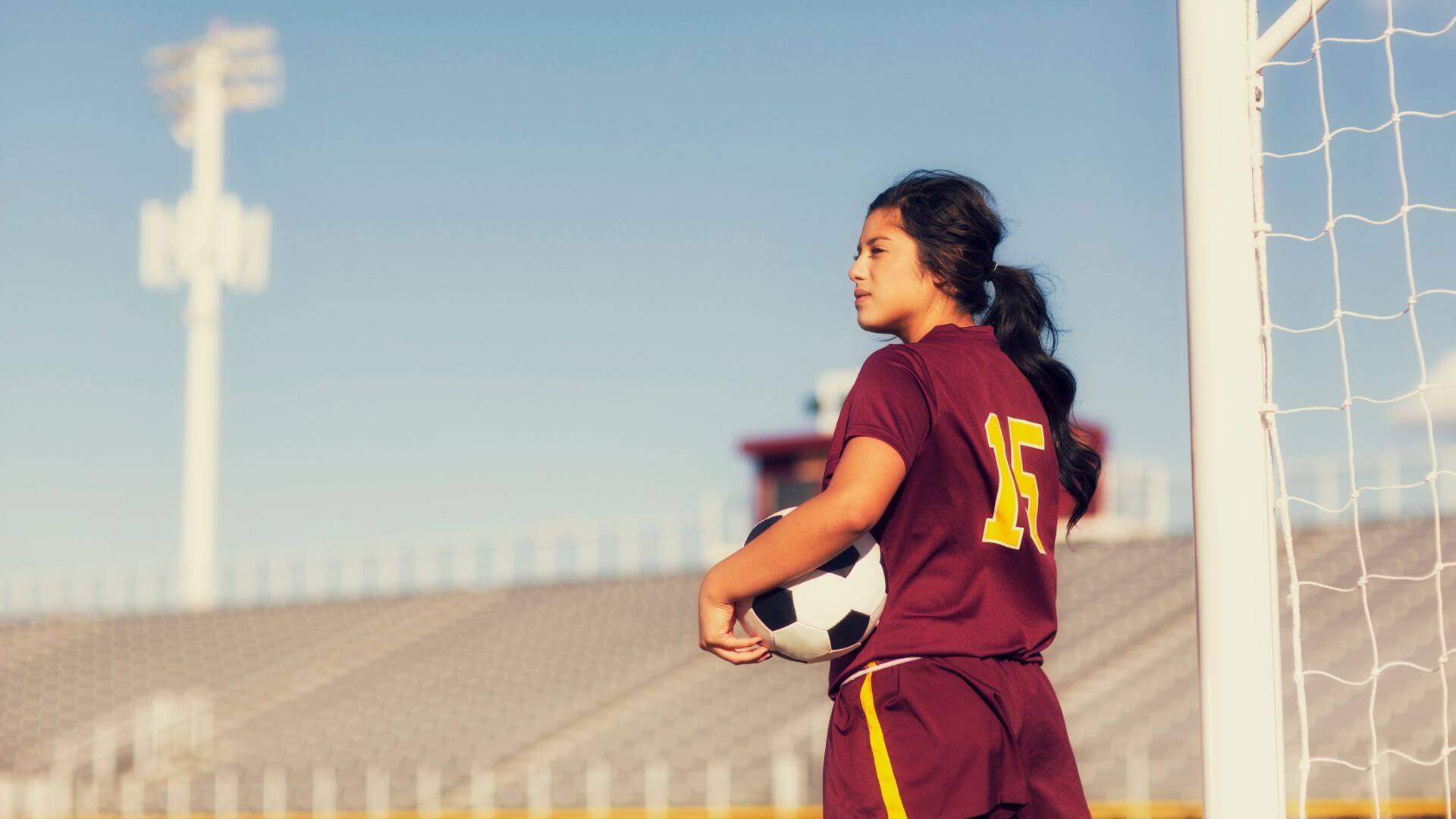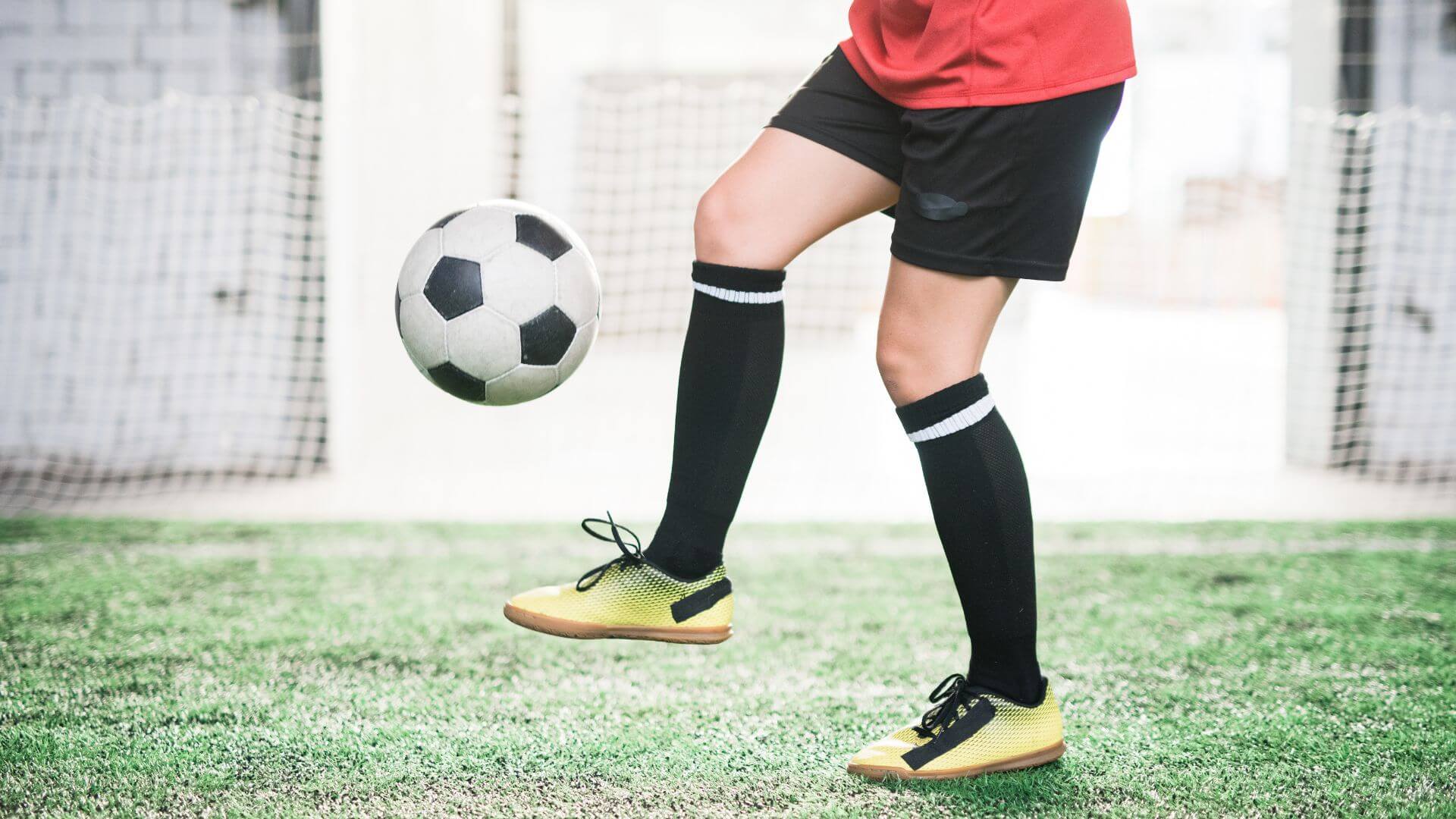5 Common Roadblocks Faced While Balancing School and Soccer
Balancing academics and athletics can be challenging, especially for students who dedicate a significant amount of time to both pursuits. Soccer, a sport demanding both physical endurance and mental focus, often places student-athletes in a tight spot when managing their school responsibilities. The challenges faced to balance these two important areas of life are inevitable. We will explore the common roadblocks while balancing school and soccer and how they impact student-athletes lives.
Time Management Struggles
One of the most significant challenges student-athletes face is managing their time effectively. Soccer practices, games, and travel can consume hours each day, leaving little room for homework, studying, or even rest. The academic workload can be overwhelming for high school and college athletes, with due dates, projects, and exams frequently overlapping with training schedules or games.
The problem is compounded when travel is involved. Long hours spent on the road for away games or tournaments often cut into valuable study time, making it difficult to keep up with assignments. Without proper planning, students may find themselves falling behind academically, which adds stress to an already packed schedule.
Mental Fatigue and Physical Exhaustion
Another hurdle is the mental and physical toll that playing soccer takes on the body. Training sessions and games require intense focus and energy, leaving athletes drained and sometimes unable to concentrate on their schoolwork. It’s not uncommon for athletes to sit down to study after practice only to find themselves nodding off or unable to retain information. Travel time to games can be a good time to utilize to study.
Sleep deprivation becomes a real concern as well. Many athletes sacrifice sleep to meet both their academic and athletic commitments, which only exacerbates their exhaustion. This lack of rest can negatively impact performance on both fronts, reducing focus in class and stamina on the field. Learning how to incorporate short meditations or rest periods can help improve focus.
Pressure to Excel in Both Arenas
Student-athletes often feel immense pressure to excel not just in their sport but also in academics. This dual expectation can be a heavy burden, leading to stress and anxiety. Coaches, teachers, and even peers sometimes place unrealistic demands on student-athletes, expecting them to maintain peak performance on the field while achieving high grades in the classroom.
This pressure can create a vicious cycle. Poor performance in one area—whether due to fatigue, lack of time, or stress—can lead to feelings of failure and self-doubt, further affecting the other area. For many student-athletes, this cycle is hard to break without proper support. Finding extra support is highly recommended to maintain realistic expectations without burnout.
Limited Social Life
Another often overlooked challenge is the impact on a student-athlete’s social life. Between classes, practices, and homework, there’s little time left for friends or relaxation. Missing out on social events, family gatherings, or simply downtime can leave student-athletes feeling isolated or disconnected from their peers.
This lack of balance can have long-term effects on mental health, as student-athletes may struggle to find an identity outside of academics and athletics. Feeling constantly stretched thin can also lead to burnout, causing some to drop out of their sport or struggle academically.
Coping Strategies and Support Systems
While the challenges may seem impossible, they are not insurmountable. Effective time management is often the key to overcoming these roadblocks. Tools such as planners, digital calendars, and lists/organizational apps can help student-athletes prioritize tasks and create a structured schedule that accommodates soccer and schoolwork.
Equally important is learning to set boundaries and communicate needs. This is a skill that will benefit you in any arena of life. For example, speaking with coaches and teachers about conflicts in schedules or deadlines can lead to accommodations that reduce stress. Schools that offer academic support programs for athletes, such as tutoring or study halls, provide valuable resources that can help students stay on track.
Building a support network is another crucial strategy. Parents, teammates, and mentors can all play a role in helping student-athletes navigate their on and off-field commitments. Encouraging a balanced approach that includes rest and social activities can also make a significant difference in maintaining overall well-being.
As we wrap up learning what roadblocks to expect, the reality is that balancing school and soccer is no easy feat. It requires dedication, discipline, and a proactive approach to time management. While roadblocks like exhaustion, pressure, and limited social time are common, student-athletes can overcome them with the right tools and support systems. By addressing these challenges and finding solutions, you can succeed both on the field and in the classroom, building a foundation for a healthy and well-rounded future.
_
GIRLS SOCCER NETWORK: YOUR SOURCE FOR GIRLS SOCCER NEWS





